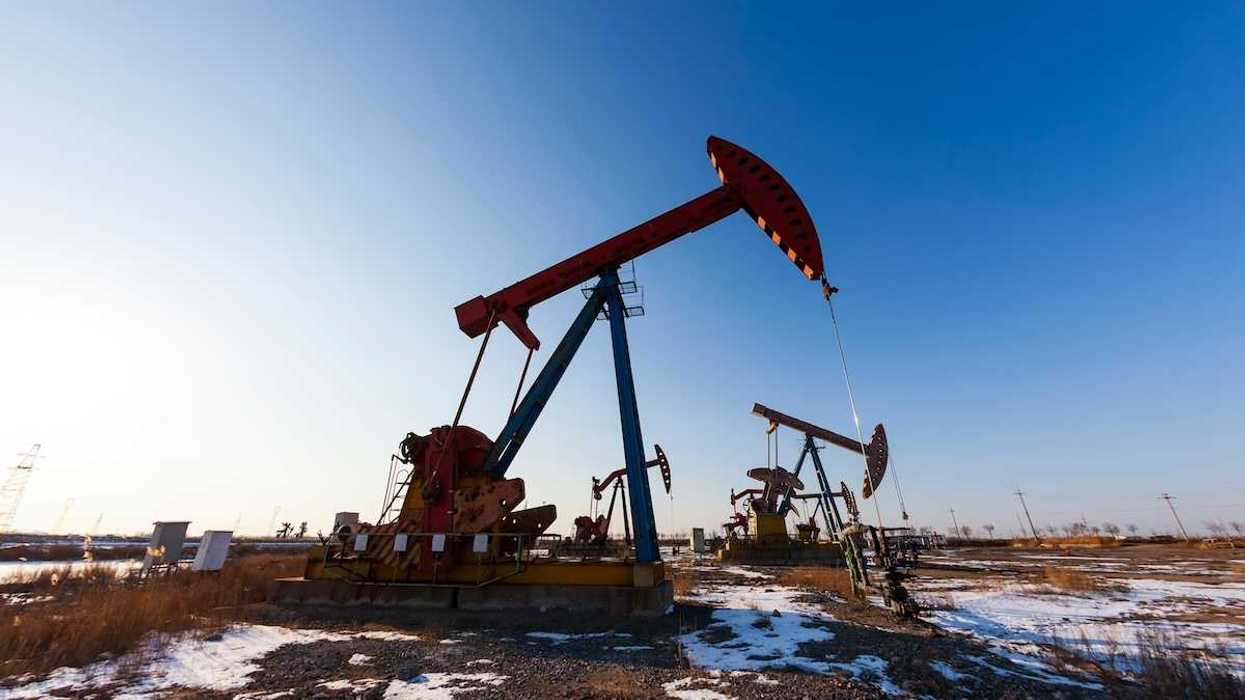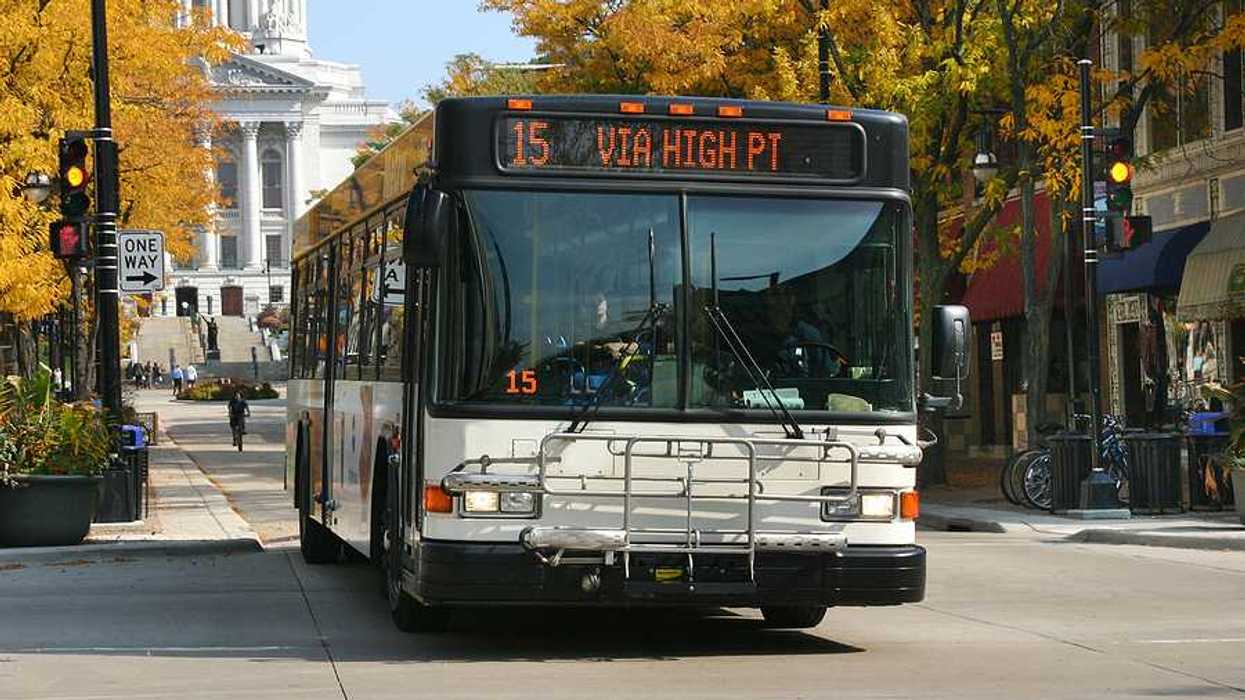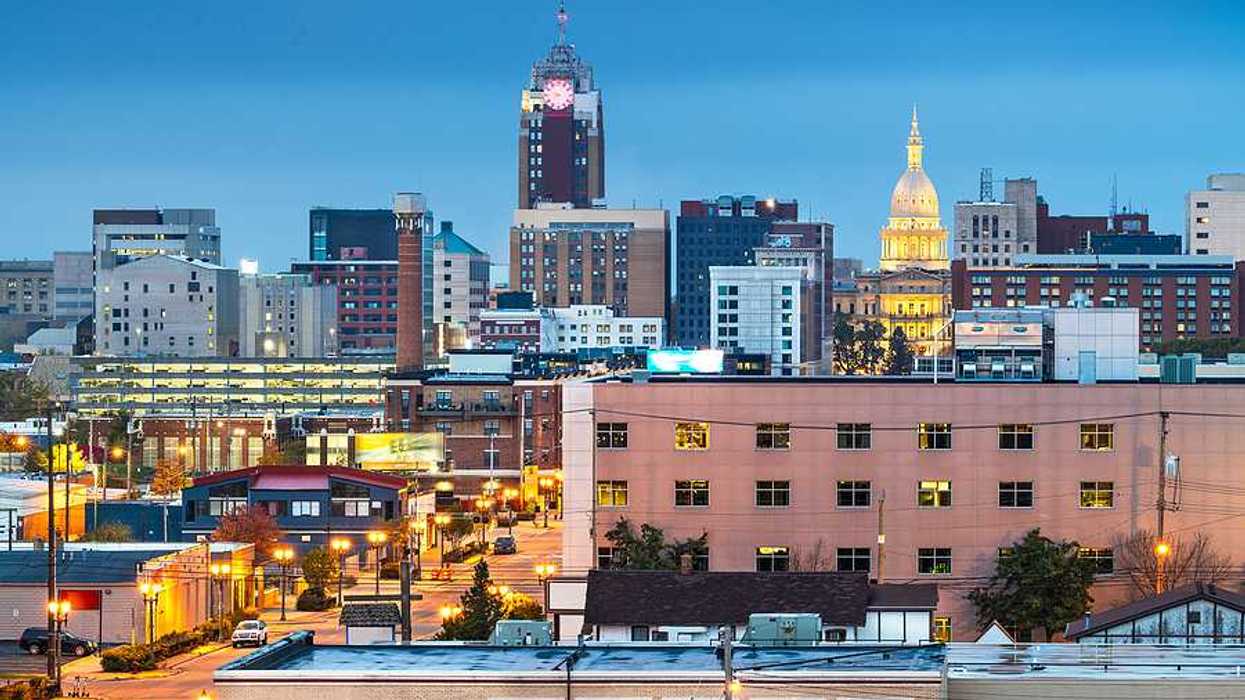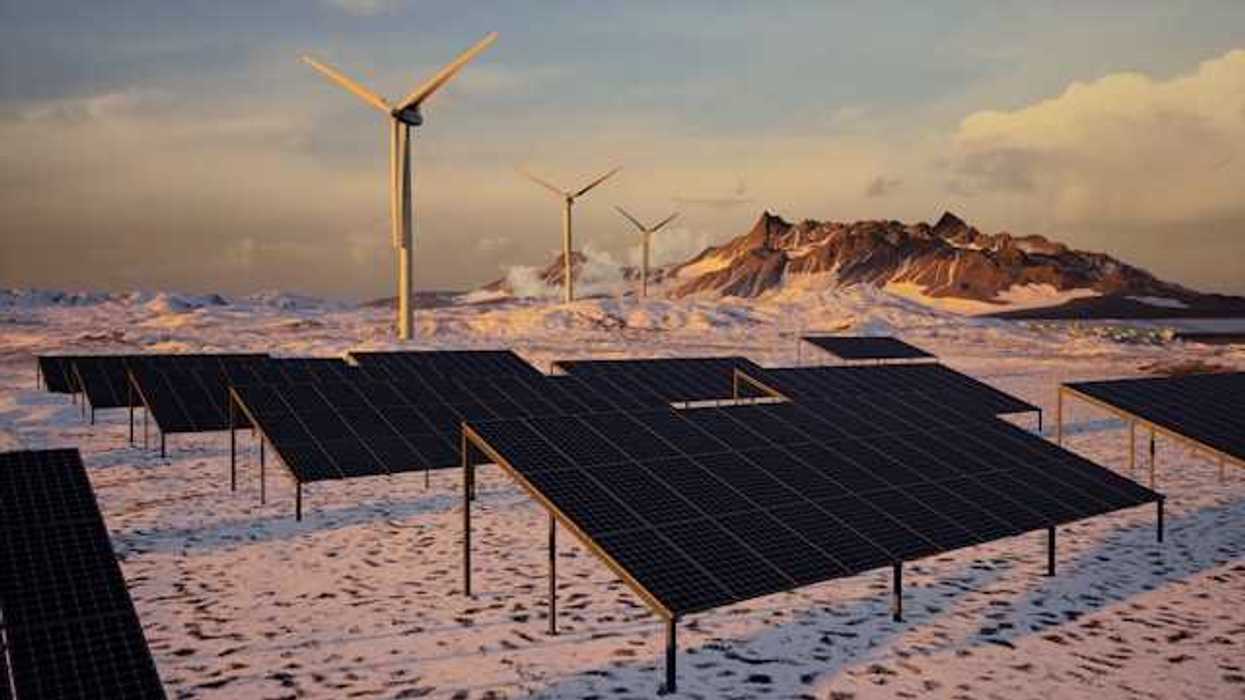The U.S. is investing millions in anaerobic digesters to cut methane emissions from cattle, but critics argue this may boost industrial-scale farming and methane production.
Marin Scotten reports for Floodlight.
In short:
- The Inflation Reduction Act funds anaerobic digesters to convert manure into biogas, aiming to reduce methane emissions.
- Critics claim the funding encourages the expansion of larger farms, potentially increasing overall methane emissions.
- The Biden Administration views digesters as a key technology for meeting the Global Methane Pledge targets of reducing the country’s methane emissions by 30% by 2030. So far, the U.S. is falling short on achieving that goal.
Key quote:
"Cutting methane quickly is the best lever we have to slow global warming in the next couple decades. Digesters are the single most effective tool in our toolbox."
— Michael Lerner, director of research at Energy Vision, a nonprofit that focuses on methane reduction.
Why this matters:
Large-scale farming often relies on practices and technologies that, while boosting productivity, can lead to increased methane emissions. For example, livestock farming is a significant source of methane due to enteric fermentation in ruminants. The drive for higher yields and greater efficiency in agriculture might lead to a paradox where the very technologies meant to enhance food production could exacerbate methane emissions.














